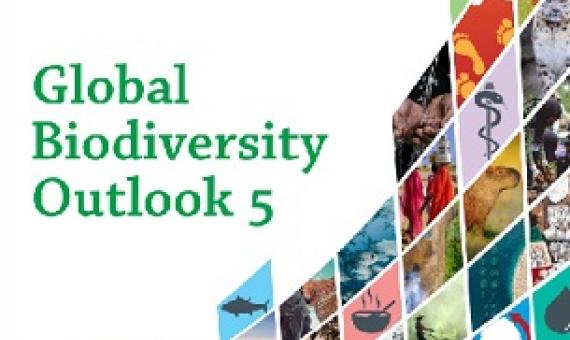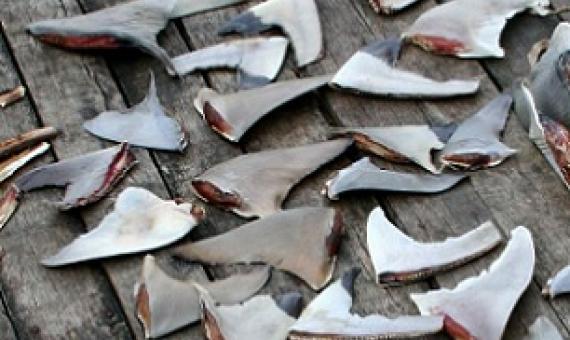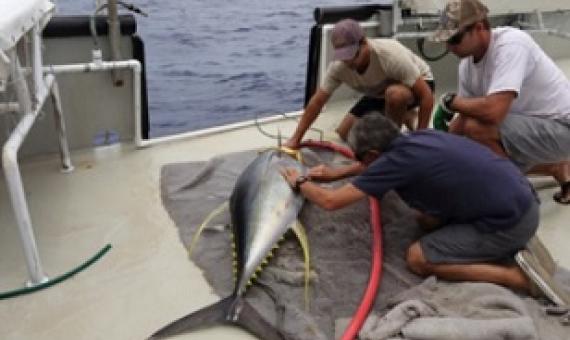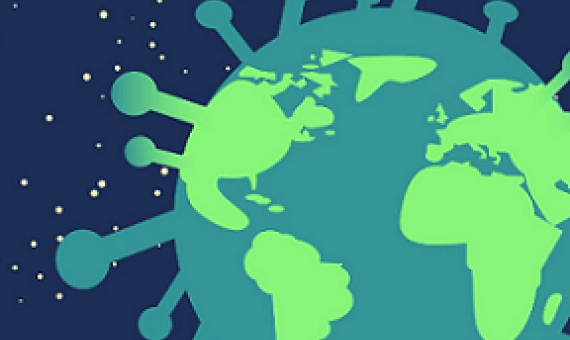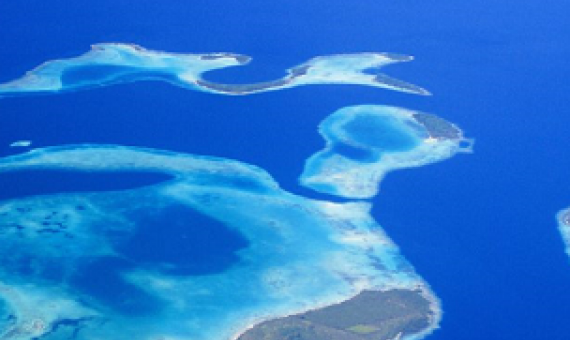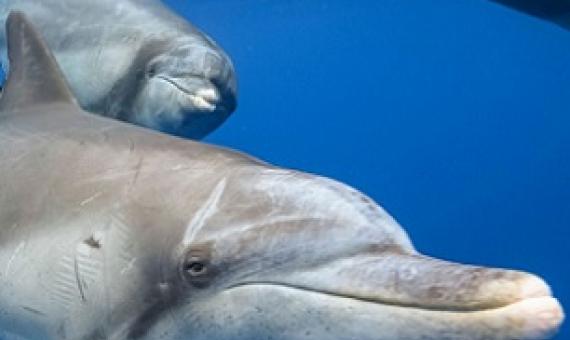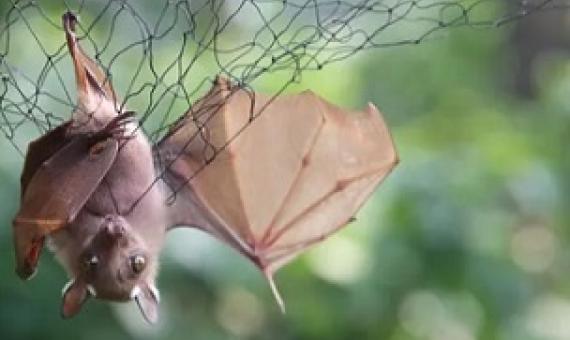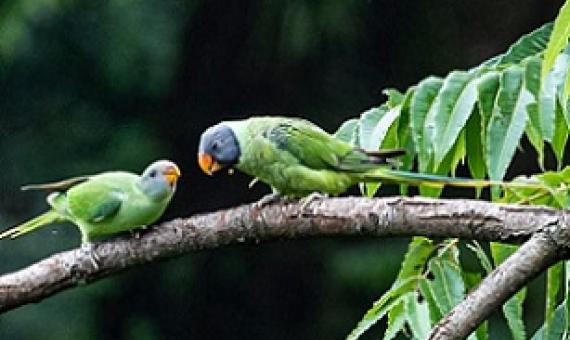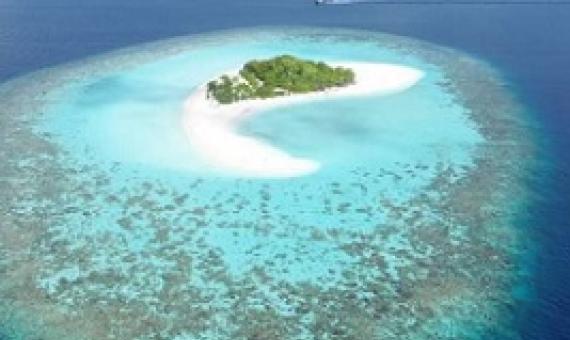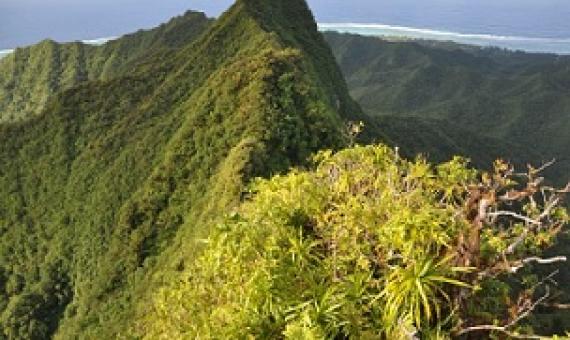The fifth edition of the UN’s Global Biodiversity Outlook report...provides an overview of the state of nature worldwide. Factors like man’s current relationship with nature, continued biodiversity loss and the ongoing degradation of ecosystems are having profound consequences for human well
Illegal trafficking and unsustainable trade in wildlife are causing unprecedented declines in some species. They can also potentially lead to the spread of zoonoses, such as SARS-CoV-2, which causes COVID-19.
The tagging of over 6,000 tuna in the central Pacific over the past seven weeks is being hailed for the data it will provide to ensure accurate assessments of stocks in the region.
In a new World Economic Forum-Ipsos survey of more than 21,000 adults from 28 countries nearly nine in ten say they are ready for their life and the world to change.
As COVID-19 continues to send shockwaves through the global economy, IFC, a member of the World Bank Group, in collaboration with Inspire Impact, is hosting a landmark discussion on investment opportunities in the Pacific Blue Economy, including why the sustainable use of oceans must be cent
Some marine mammals carry gene mutations that could make them more susceptible than humans to SARS-CoV-2, the coronavirus at the heart of the ongoing pandemic.
How do you predict where a deadly tropical disease such as Ebola, possibly the most virulent in the world, will appear next?
Zoonoses or diseases that are transmissible from animals to humans are not a new threat. In fact, many of the recent pandemic diseases originated from a spillover of pathogenic organisms such as bacteria or viruses from wildlife.
As the coronavirus pandemic compounds worsening economic pressures from climate change impacts, small island developing nations on Monday appealed for international financial support to help them avert a looming debt crisis...One major barrier, however, is that many island states in the Caribbean
In Kenya, the coronavirus pandemic has dried up eco-tourism, cutting off sources of funding that help protect wildlife and pay an income to communities working to preserve nature.

